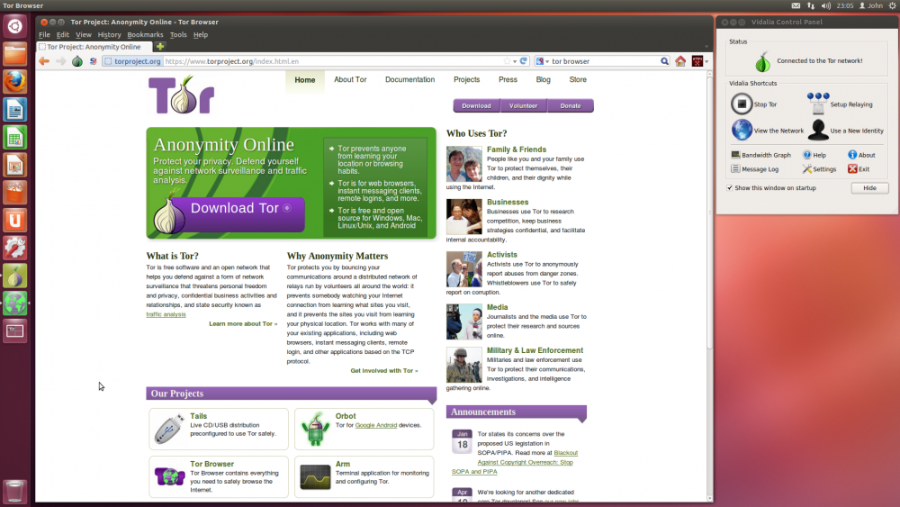Every day, more and more free apps are offered to smartphone users. By giving their apps away, developers increase the likelihood that people will use them. But an app not having a monetary cost doesn’t mean that we aren’t still paying for it. The payment may be in the form of our personal information via something called data harvesting.
Data harvesting is the growing practice of collecting and selling information gathered on the internet. This information is collected using a variety of techniques and culled for a range of purposes — although most often for profit. And, very frequently, data harvesting targets personal information.
One way personal information is collected is through free apps. When you download that flashy alarm clock app, you may notice that it requires access to your contacts or parts of your phone that in no way relate to making an alarm go off. This is a red flag that the app is probably collecting your data.
Another way data harvesting occurs is through web scraping, a process in which an automated script scours the Internet using specialized algorithms to find information. Since this process is automated, it makes it easy for data collection companies to generate large amounts of personal information that they in turn can sell for a profit.
RELATED: UA math duo develops data error recovery tech
As a practice, data harvesting continues to evolve. Back in April, President Trump signed a congressional resolution repealing rules requiring internet service providers to get permission to collect and sell information regarding their customers online activity. Allowing ISPs to do this adds another avenue through which our data can be harvested since all of our internet traffic first goes through our ISP.
But while data harvesting is a challenge in many ways, it creates room for some entrepreneurs to provide less intrusive internet service. Matt Edwards is a marketing communications manager for local ISP Simply Bits. Edwards explained that he doesn’t see data harvesting as having any positive impact for consumers, and so Simply Bits has no plans to engage in the practice.
“We try to be as transparent as possible, I think that’s one of the benefits of being a local company here,” he said.
The most surefire way to avoid your personal information being gathered is by limiting the amount of your information openly accessible on the internet. For example, make sure your Facebook or Instagram accounts are set to private and critically assess when it is appropriate to give websites your information. Ask yourself: Does that recipe website really need to know my birthday and home address?
But even this doesn’t protect your data from being gathered by your ISP or through tracking cookies.
Since our internet traffic first goes through our ISPs, the companies have access to our browsing habits. One way to avoid your ISP from compiling your browsing habits is by using a Virtual Private Network. A VPN is a secure tunnel for connecting to the internet.
When you use a VPN, all of your internet traffic is sent through an encrypted connection to a remote server before it is sent out to the open internet. Instead of your ISP seeing all the different websites you visit, they would only see a single connection to a single server, effectively halting their to ability monitor what sites you visit and how often.
Once a VPN is set up on your computer, you simply click a button and your connection instantly becomes secure and encrypted, making this an easy preventative measure.
RELATED: Campus iSpace offers students cutting-edge tech, instruction
Most of us are familiar with cookies (the internet kind, of course), but for those who aren’t, cookies are small files that are stored on our computers whenever we visit a website. Cookies exist for many reasons but one of the most familiar is that they are what allows for the “remember me” option when we log into a website.
Tracking cookies are cookies that do just that: they track. You have tracking cookies to thank when you see an ad on Facebook for that shirt you were looking at on Amazon yesterday. A simple way to avoid these cookies is to use the “incognito mode” provided in most web browsers, such as Chrome or Firefox.
If you want to take stopping tracking cookies a step further, you can use a specialized privacy browser such as IceCat or TOR, which block tracking cookies and generally provide a more anonymous internet experience.
By following above tips, you can drastically improve the privacy of your personal information, but complete data protection isn’t guaranteed. As data harvesting continues to evolve, so will the mechanisms for defending ourselves. We must remain diligent, continuing to educate ourselves on data harvesting — as well as the techniques available to us to protect ourselves from it.
Follow Brian Winkler on Twitter.















